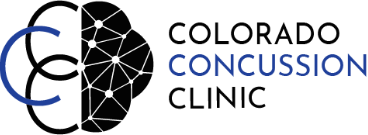Any orthopedist will tell you that a broken arm requires 4-6 weeks in a cast to heal. Heart surgeons give their cardiac patients 6 weeks to begin to feel better, and up to 6 months to feel the full benefits of the surgery. According to many professionals, an injury to the brain, our most complex organ, should take 10 days.
I hope you can appreciate the absurdity of the timelines given above. I will absolutely concede that a number of people with concussive injuries heal within that ten-day time frame, and that is certainly the hope, but many do not. Symptoms that persist beyond 10 days should be addressed by trained professionals to maximize recovery. Early treatment is key for better outcomes.

